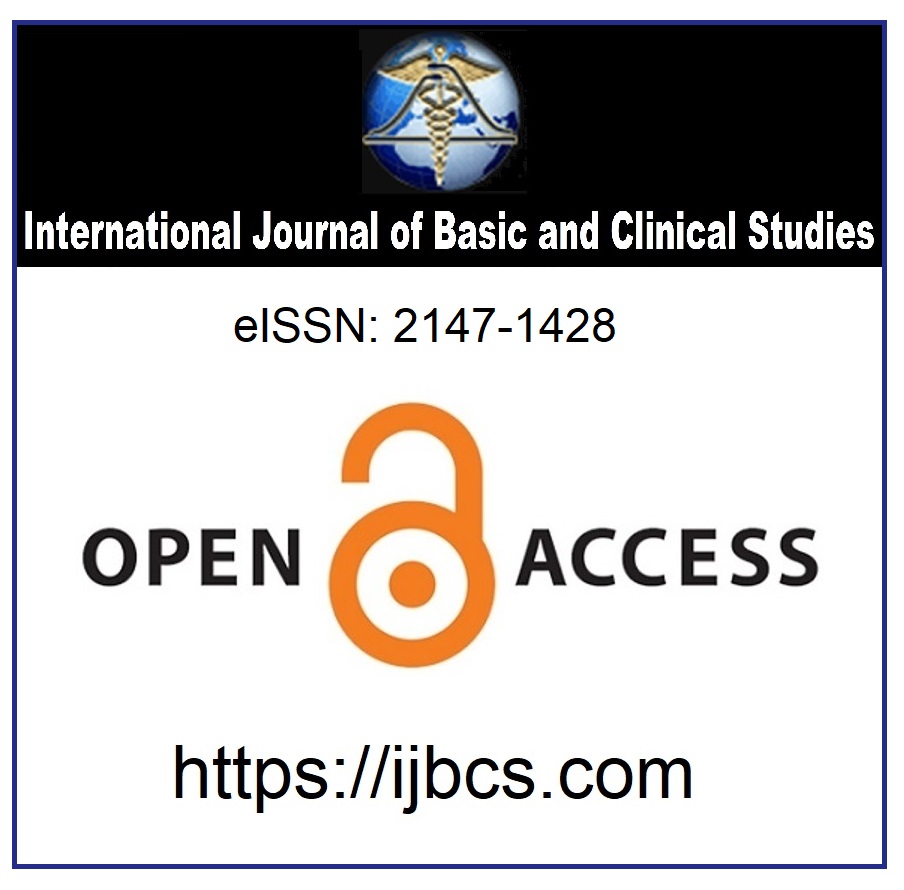In vitro Biological Activities of Origanum onites L. (Turkish Oregano) with Chemical Composition by LC-MS/MS
Keywords:
Origanum onites L., Turkish oregano, LC-MS/MS, antioxidant, anticholinesteraseAbstract
Origanum onites L., known as “Turkish oregano” in the world, is an edible plant that has been used as a spicy food ingredient since ancient times. O. onites is a plant of great commercial importance for Turkey, incidentally it is the most exported Origanum species among the others. In this study, chemical composition of ethanol extract prepared from O. onites was collected from Mugla-Turkey was investigated by LC-MS/MS. 14 metabolites were detected, and the extract was found to be quite rich in naringenin (1495±77.89 µg/g extract). Besides, apigenin (507.56±32.99 µg/g extract), caffeic acid (496.03±17.56 µg/g extract), and fumaric acid (466.41±5.78 µg/g extract) were also abundant in the extract. Total phenolic (48.29±0.75 μg PEs/mg extract), and total flavonoid contents (10.45±0.93 μg QEs/mg extract) were determined as pyrocatechol and quercetin equivalents, respectively. Antioxidant activities of the species were carried out by using DPPH free radical scavenging, ABTS cation radical scavenging, and CUPRAC activities. The extract showed good antioxidant activity in all antioxidant activity assays. Antiacetylcholinesterase, antibutyrylcholinesterase, antiurease, antityrosinase, and antimicrobial activities were also investigated. The studied extract showed weak activity against acetylcholinesterase (22.36±0.48%) and moderate activity against butyrylcholinesterase
(55.71±1.00%). The extract also exhibited moderate antimicrobial activity against C. tropicalis with an MIC value of 19.53 μg/mL. The obtained results suggest that O. onites is a plant rich in antioxidants with further beneficial health effects, and safe to consume as an herb to enhance the flavor of the foods.
Downloads
Published
How to Cite
Issue
Section
License
Copyright (c) 2020 by the Authors

This work is licensed under a Creative Commons Attribution 4.0 International License.



